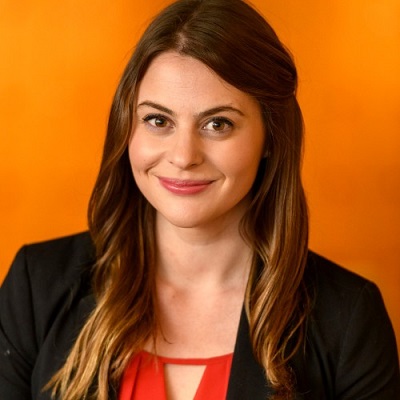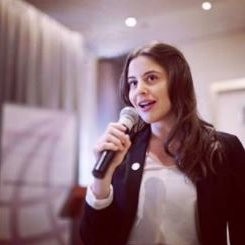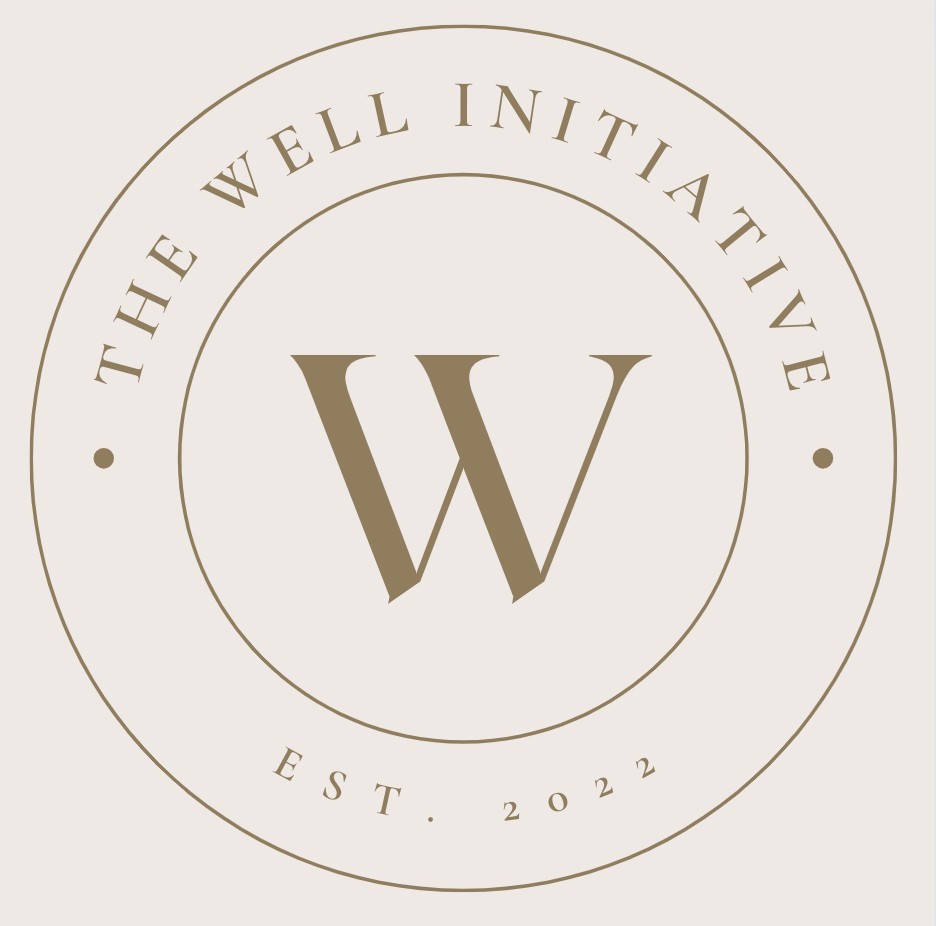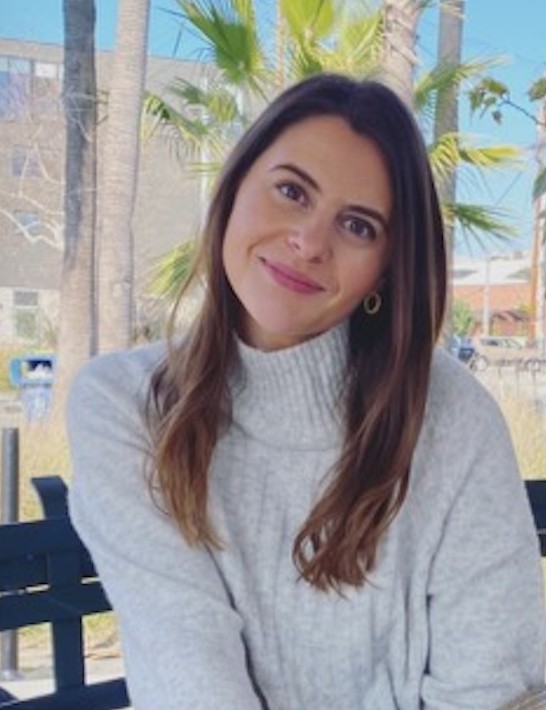

Today we’d like to introduce you to Amy Smathers.
Hi Amy, thanks for joining us today. We’d love for you to start by introducing yourself.
I’m originally from Southern California and moved to Dallas with my husband last year – we love it here!
My journey began almost ten years ago when I started a career in Washington D.C. that focused on human rights, democracy, and empowering women globally.
Since then, I have traveled to 26 countries and my work has included working with some of the world’s top human rights and humanitarian leaders at the forefront of change in their countries. It’s ranged from working with female parliamentarians from Afghanistan, and ex-child soldiers from the Democratic Republic of the Congo, and working with Congressional staff and diplomats at the U.S. State Department on national security and human rights issues. I’ve also worked as a philanthropic advisor for Fortune 500 companies and individuals on social impact work.
Throughout this work, I noticed a trend: we rely on governments and organizations to solve the world’s biggest problems, but what about the church?
Every year the global church invests $700 billion in Christian causes, yet 685 million people live on less than $1.90 a day.
In my own backyard in Dallas, I see church congregations looking to pray for and support people in crisis around the world, but they often don’t know the best ways to help or where to give. When war broke out in Ukraine, for example, many churches were scrambling to find ways to support when many non-profits I’ve worked with were already plugged into what was happening there (you can find my tips on how to support Ukraine here). I realized we were missing a tremendous opportunity to make an impact that will help the most marginalized communities around the world, and that’s when I started my organization The Well Initiative.
Can you talk to us a bit about the challenges and lessons you’ve learned along the way? Looking back would you say it’s been easy or smooth in retrospect?
It’s definitely been a learning and growing process. I’ve dreamed about launching my own organization for the last ten years, but I had to spend that time building my own expertise so that I could speak confidently about these issues that are often very complex.
I got my master’s degree in Washington D.C. from Georgetown University’s School of Foreign Service, which focuses on the fields of international relations, history, and economics. I also studied International Relations at Tufts University in Boston and audited coursework at the Harvard Kennedy School. Using those skill sets in ministry work might seem unorthodox to many people, but I think that the combination of my education, professional experiences, and work with people on the frontlines around the world has uniquely prepared me to mobilize churches and faith leaders around such a big mission. These are complex issues and they’re going to take a lot of effort to solve.
While this kind of work can be discouraging at times, what drives me most is to remember the impact we can have on just one life. God has given me so many opportunities to witness that around the world with communities that are hurting and they’re the stories I feel are some of the most important to share.
During my first week in India, I met a young girl who was living with domestic violence and abuse yet experienced newfound hope for the first time through her faith in Christ. In another country, I met an incredible woman whose family had fled their homeland because they would have been persecuted or killed for their Christian faith. Her husband was being held in political asylum and yet she was a rock for her family even in a time of deep pain. And even here in Dallas, I’ve met so many people working on the frontlines of human trafficking in our state who have seen tremendous breakthroughs as young girls have been rescued and given a new chance at life.
That is what drives me when we hit challenges – I believe that God sees the needs of these individuals around the world and that The Well Initiative can be part of the solution as we bring practical help to those most in need. My dream is that they will one day become leaders in their communities who can lift up others too.
We’ve been impressed with The Well Initiative, but for folks who might not be as familiar, what can you share with them about what you do and what sets you apart from others?
Whenever we learn about a crisis happening around the world, from the situation in Afghanistan to human trafficking, we always have two questions: What’s happening, and what can I do?
That’s where The Well Initiative comes in.
The tagline for The Well Initiative is to mobilize and equip the church to solve the world’s biggest problems.
To me, mobilizing and equipping mean three things. First, we offer education for individuals in the church about complex international issues. This is the “what’s happening?” piece. For example, what is human trafficking and what does the Bible say about our role in stopping it? What’s happening around the world today and how can our generation make a difference?
Then, we work with leaders in the church around the question of “what can I do?” For example, where can they give their donations? What are the best non-profit organizations to partner with? What are other churches and ministries doing, and what are specific ways we can pray for people who are hurting? In my line of work, we spend years thinking through the best practices for humanitarian work and it’s important to consider the nuances of each issue. Unless our approach is informed by people serving on the front lines of a crisis and technical expertise, it’s possible that we can do more harm than good.
Finally, we convene faith leaders and subject matter experts to create a strategic way forward. Rather than having a million tiny fires everywhere, we can be so much more effective and impactful if we create space for collaboration. My hope is that by bringing together the body of Christ we will be able to work across denominations and have a greater impact than we’ve seen before.
As chaotic as the headlines in the world may seem today, I believe that the answers to these tremendous challenges are well within reach. A few months ago, I participated in a roundtable for humanitarian practitioners who flew in from countries around the world and I was reminded that that expertise already exists. To give you a sense, these colleagues were managing UN humanitarian assistance programs in Haiti, providing trauma and counseling support to refugees fleeing from Syria, facilitating cash assistance programs on the border of a major conflict zone, and their response was all the same: the work is really hard, but we’ve found solutions together and we need all hands on deck.
Especially as church leaders are feeling burnt out from the effects of the COVID pandemic, we want to be a resource as they call their congregations to be the hands and feet of Jesus around the world. We all hold a piece of the puzzle and can have a hand in supporting what God is doing around the world to bring peace and redemption.
What do you think about luck?
I actually don’t really believe in “luck.” I believe that everything happens for a reason and that God orders our steps. The Bible says, “For I know the plans I have for you,” declares the Lord, “plans to prosper you and not to harm you, plans to give you hope and a future” (Jeremiah 29:11). I’ve seen this play out in so many different ways in my life and I know that this is just the beginning. I ultimately believe that God is behind the opportunities and He uses the trials to build our character. I trust His plan for my life and for The Well Initiative and I have so much hope for the future.
Contact Info:
- Website: wellinitiative.org
- Instagram: @wellinitiative
- Facebook: www.facebook.com/thewellinitiative1













